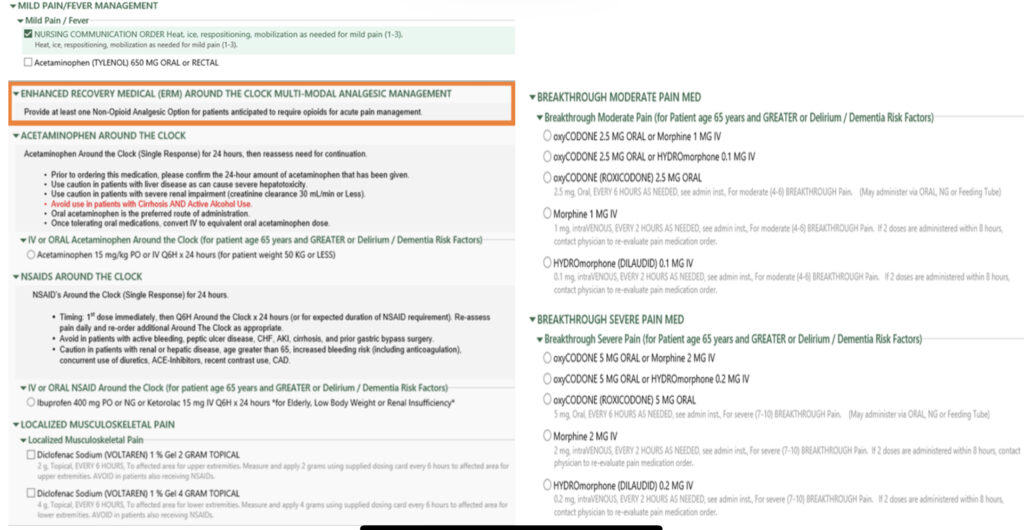Indications for Inpatient Echocardiograms
CVA/TIA
Per KP Stroke Clinical Practice Reference, “Echocardiography, both Transthoracic Echocardiogram (TTE) and Transesophageal Echocardiogram (TEE), is generally NOT recommended in the routine evaluation of TIA or stroke as the yield for finding a lesion which would alter therapy is very low
TTE (and TEE if TTE is unrevealing) should only be done for:
- Patients with cryptogenic stroke and history of previous cardiac problems / abnormal EKG.
- Young patients (age < 60) without other obvious etiology.”
Atrial Fibrillation/flutter
An echo is indicated for a new diagnosis of atrial fibrillation. This can be done as an outpatient unless there is a significant murmur or if the patient has new congestive heart failure.
If a prior echo exists, then repeating an echo is not necessary unless there is a new murmur or CHF.
Syncope
An inpatient echo should be done if there is a new murmur on exam. Otherwise, this can be done as an outpatient. If a prior echo exists without significant valvular disease (in the past 5 years), then a repeat echo is not needed.
CHF
Inpatient echocardiogram is indicated for patient with a new diagnosis of CHF. If the patient has had a prior echocardiogram documenting HFrEF, inpatient echocardiogram is not needed, and the patient should follow-up with his/her cardiologist. Patients with known HFpEF do not need repeated echocardiograms.
Endocarditis
Echocardiogram is indicated for bacteremia with a microbe known to be a common cause of endocarditis. Echocardiogram is not indicated for transient bacteremia with a pathogen not typically associated with endocarditis.










